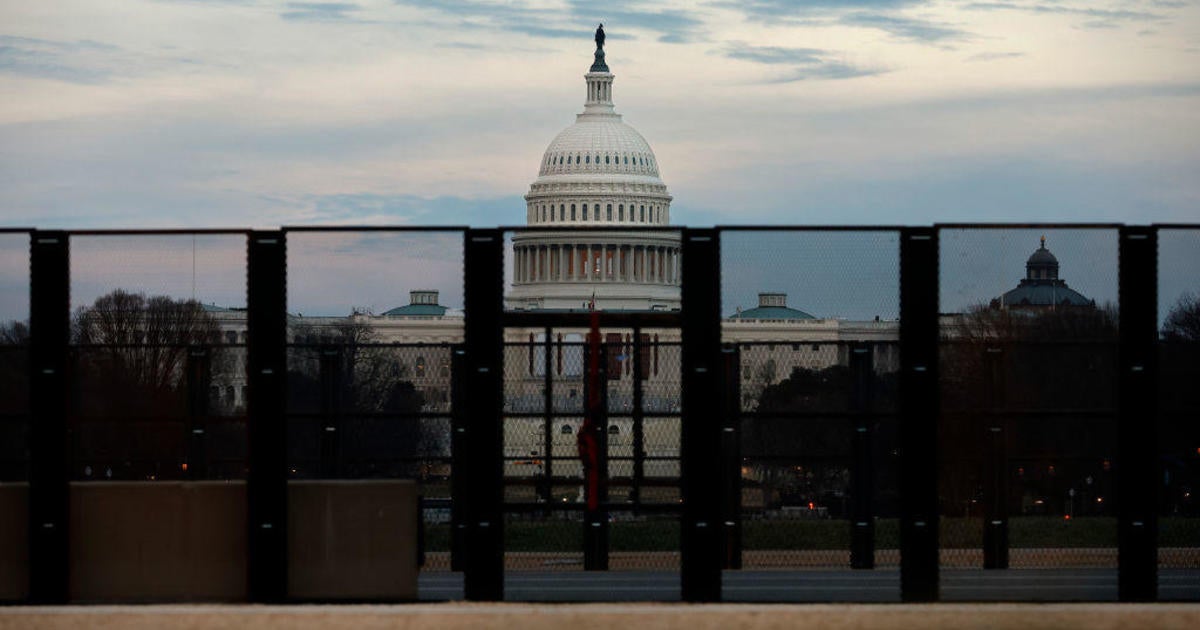
How the Electoral Count Reform Act changed Congress’ process on Jan. 6
J. Scott Applewhite / AP
The violent attack on the U.S. Capitol that disrupted the joint session four years ago will be looming over the proceedings when Congress convenes on Monday.
But unlike on Jan. 6, 2021, when then-Vice President Mike Pence faced pressure to unilaterally toss out electoral votes from battleground states, Monday’s joint session will be governed by a revised set of procedures that clarify the vice president’s role to prevent attempts to overturn the results of an election.
“The 2020 election exposed how ambiguities in the Electoral Count Act could be exploited to sow chaos and disrupt the peaceful transfer of presidential power,” said Holly Idelson, a policy strategist at Protect Democracy, a nonpartisan, nonprofit organization. “The bipartisan Electoral Count Reform Act of 2022 will help ensure future transitions proceed smoothly and honor the will of the voters.”
Read more about how this Jan. 6 will be different here.
4 years after Capitol attack, Trump pardons cloud future of Jan. 6 cases
While Congress meets Monday to count the Electoral College votes and affirm Trump’s victory in the 2024 election, the roughly 1,500 people accused of storming the Capitol four years ago will be focused on what happens next.
Charged as part of the largest Justice Department’s investigation in history, they have been waiting to see if Trump fulfills his promise to pardon them or commute their sentences.
Prosecutors have charged more than 1,580 defendants with crimes tied to the Jan. 6, 2021, riot, including more than 170 who are accused of using deadly or dangerous weapons like fire extinguishers and bear spray against officers. While a majority were charged with nonviolent misdemeanor crimes, some were accused of conspiring to use force to resist the peaceful transfer of power. Others admitted to fighting officers and attacking members of the media.
But with Trump’s pledge to pardon at least some defendants and shut down the investigation, many of those who breached the Capitol four years ago could see their convictions erased and records wiped clean.
Read more here.
How does Congress count the presidential election results?
Senators and members of the House will meet in a joint session at 1 p.m. to tally the electoral votes from the 50 states and the District of Columbia. Vice President Kamala Harris will preside in her role as president of the Senate.
The vice president will read aloud the electoral votes, and then Congress counts each state’s results to affirm Trump’s victory. Trump won 312 Electoral College votes, far surpassing the 270 needed for victory. Harris won 226 votes.
The process is typically a ceremonial step before a president is inaugurated on Jan. 20.
Read more about the process here.



